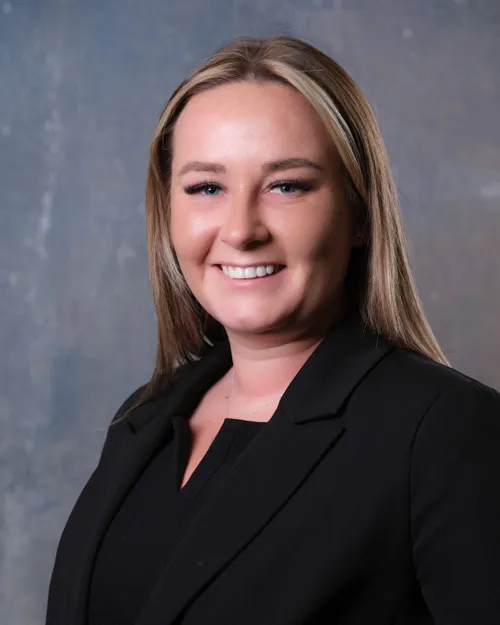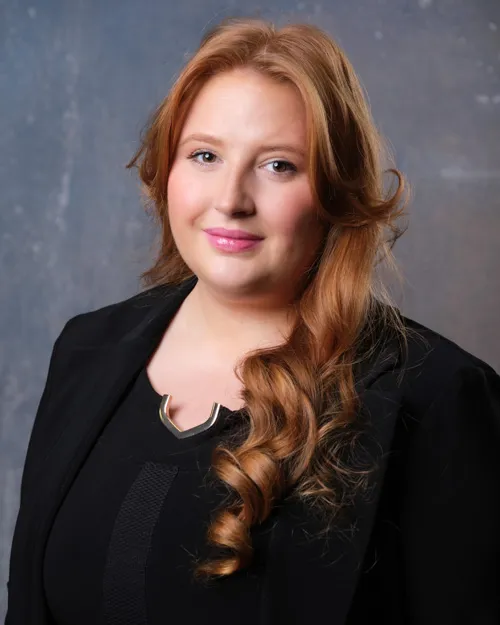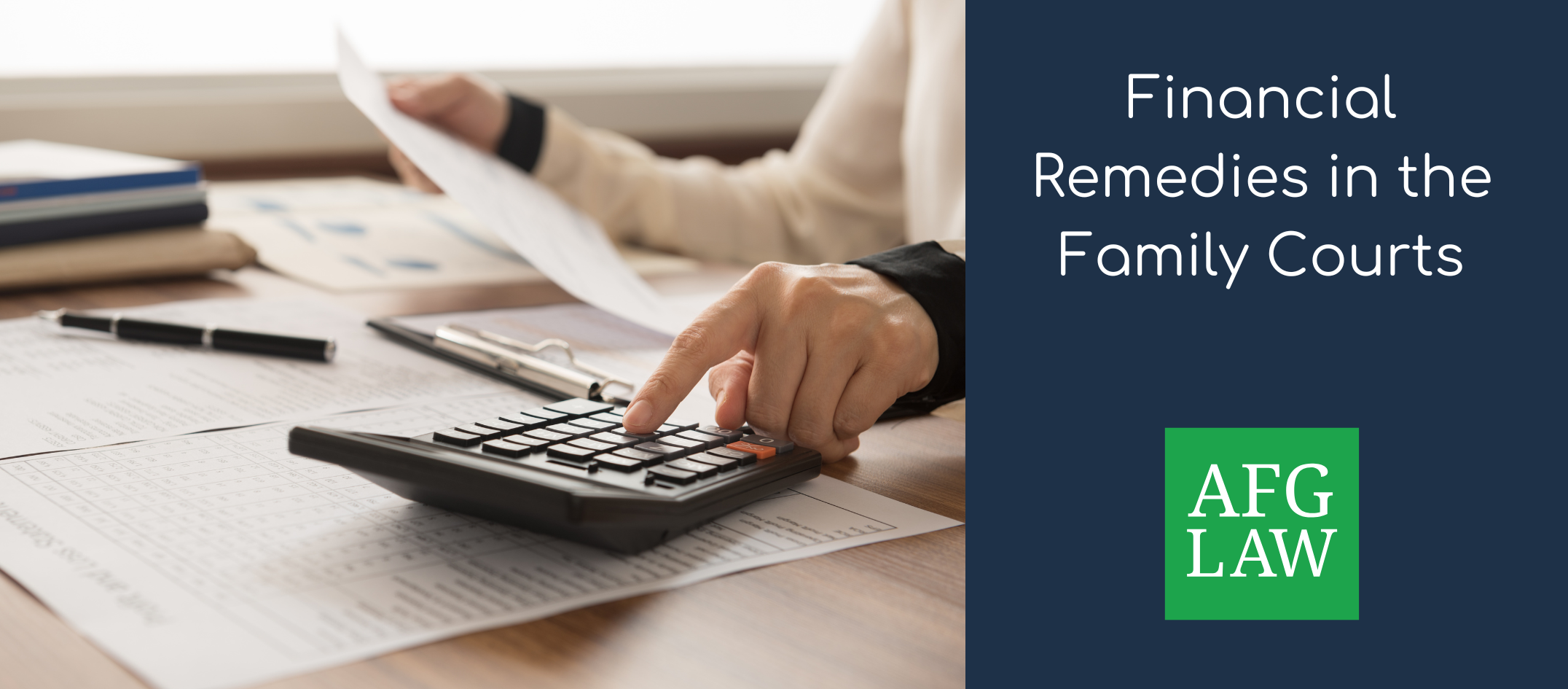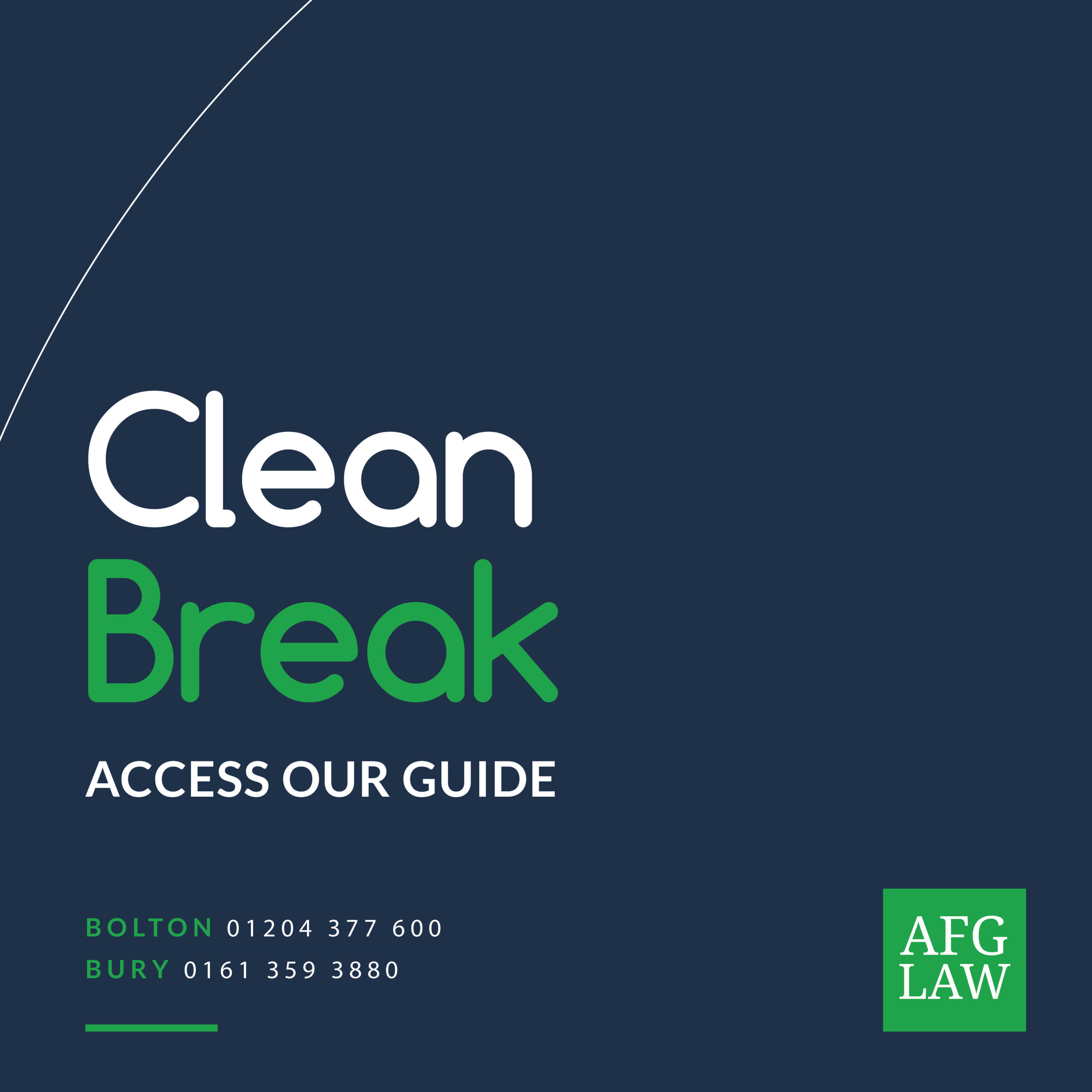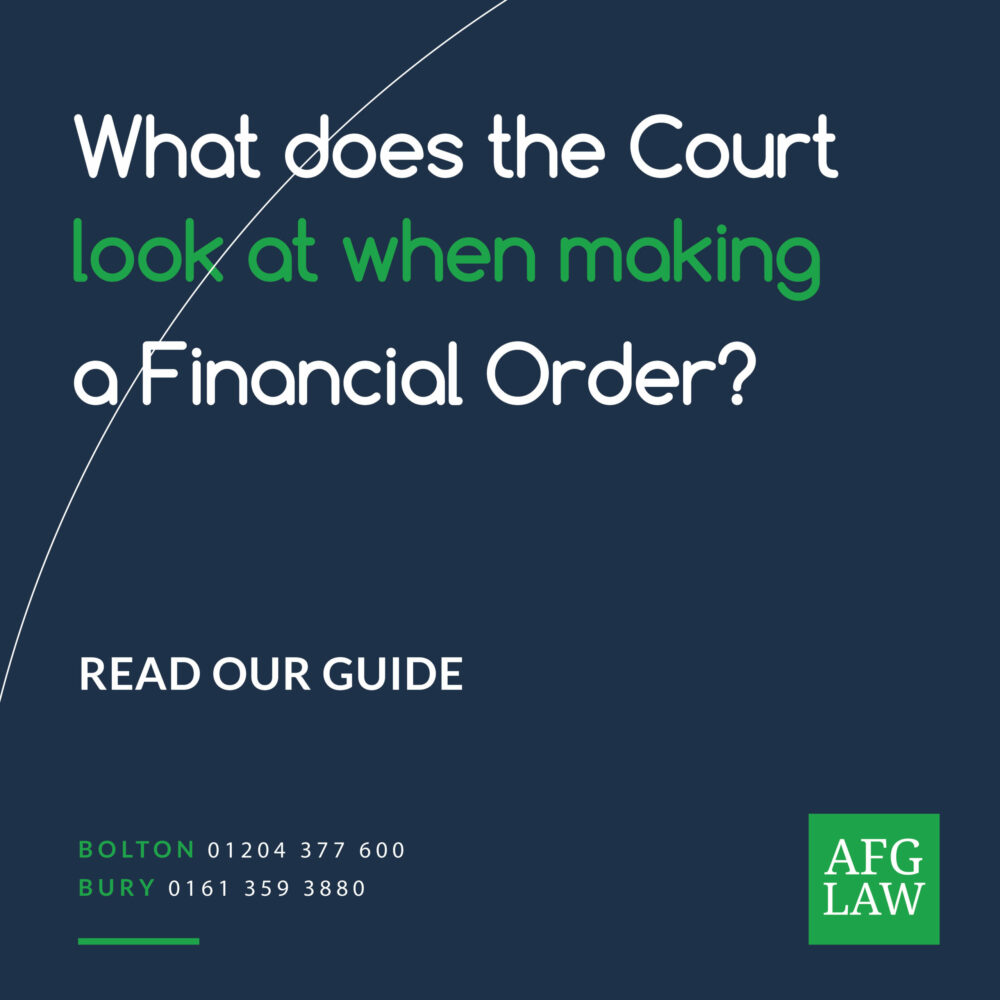As a result of our years of advising separating parents, we know that at the end of a marriage, civil partnership or relationship the main concern is the impact of the relationship breakdown on the children. This can be the emotional impact upon them, how a parent can help the children adapt to no longer living with both parents, the arrangements for the children to spend time with each parent or how to ensure that the children’s needs are met financially.
Financial worries can have a big impact, especially if you are worried not just about yourself but about your children. Our solicitors can help whether your relationship breakdown follows a marriage or living together.
Children of married parents
The law relating to separated couples seeking a financial settlement following divorce or dissolution says that a court must have regard to all circumstances of a case with the first consideration being the welfare of any child of the family who has not attained the age of 18.
For a lot of divorcing couples the biggest asset is the family home and this means that when a court is asked what should happen to the family home they will first look to the children’s need to be housed and will try to minimise the disruption upon them by keeping them in the home. It follows that the parent who will be the main day to day carer for the children will also remain in the home. The court will also consider the financial needs of the children when considering the other assets of the family.
Maintenance arrangements for children can be dealt with as part of the financial settlement discussions and included within a consent order, however, when an agreement is included within a consent order, it is only binding for a period of 12 months. After this period of time the amount can be recalculated and the Child Maintenance Service will have the ability to calculate the amount and enforce payments if they are not readily made. The Child Maintenance Service will always encourage families to reach a family-based arrangement.
Children will be considered throughout court proceedings for a financial order and do not have to be dealt with separately.
Children of unmarried parents
If an unmarried couple have been living together with their children, and the relationship breaks down, they do not have the same remedies that are available to married couples.
If the parent with whom the children are living requires financial support to meet the children’s needs, they will initially need to try to resolve maintenance directly with the other parent or by using the Child Maintenance Service.
Parents can sometimes seek financial support for children using Schedule 1 of the Children Act 1989; under this provision the court can make orders for periodical payments for additional maintenance, school fees etc, an order to transfer or purchase a property to provide a home for the children whilst they are minors or an order for a capital sum for any costs required by the children; for example, a car to allow them to be transported around.
This area of law is complicated and would not be applicable in most ‘average income’ cases as the child maintenance service is designed to be the first port of call. There is no “one size fits all” approach and you need specialist legal advice from the start.
When the Court is being asked to make an order under the Children Act 1989 it will take into account all of the circumstances of a case when deciding the suitable level of financial provision for a child but will specifically look at:
- The parents’ income, earning capacity, property and any other financial resources
- The financial needs, obligations and responsibilities which each parent has or is likely to have in the future
- The financial needs of the child
- The income, earning capacity (if any), property and other financial resources of the child
- Any physical or mental disability of the child
- The manner in which the child was, or expected to be, educated
As part of any Schedule 1 application made to the court each parent will be required to provide financial disclosure to allow the court to consider all of the above factors and decide on an appropriate level of financial support for the children.
Schedule 1 applications are different from most Children Act applications and orders can be made for costs; it is therefore extremely important that you fully understand the prospects of success of any application and seek legal advice as early as possible. It would be usual to instruct a barrister to consider the merits of any application prior to that application being made, at AFG Law our solicitors we have close relationships with a number of specialist barristers’ chambers so we can ensure you are directed to the best experts.
Frequently asked questions
How long will I have to pay child maintenance for?
Generally you will have to financially support your children until they turn 16 or until 20 if they are still in full time approved education or training.
The children live with both of us equally. Does this impact on financial arrangements?
Yes. The court will give consideration to the amount of time that the children spend with their parents. In many cases fully shared care isn’t possible, even if it is close to being equally shared, because of work commitments, distance to school, housing arrangements etc; it may be that there is still a small amount of maintenance to be paid to the parent with the majority of care. When the child maintenance service calculates maintenance amounts they will make a deduction based on the average number of nights the children spend with the paying parents.
I don’t see my child. Do I still have to provide maintenance?
Yes, both parents are responsible for the costs of raising their children, even if you do not spend time with your children often or at all.
What is a “periodical payment” order and how long do they last?
A periodical payment order is made when a Judge directs a certain amount should be paid every so often. They are often made to cover school fees, additional financial needs if a child has a disability but also as “top up” maintenance payments for children who have a parent with a high income and there is a maximum child maintenance service assessment in place but the court believes it is appropriate for the paying parent to pay more to financially support the children. This is a complicated area and specialist advice should be sought from our finance solicitors. Periodical payments won’t be paid past a child reaching 18 years old unless they are in education, training or there are certain special circumstances such as the child has a disability.
What happens if the parent making the periodical payment dies?
The periodical payments will stop in the sad event that the parent making the payments dies, but, it may be possible for the parent needing to meet the children’s financial needs to make an inheritance act application for provision from the estate. Contact our inheritance act solicitors for more information
If I am ordered to provide a property for my children to live in, when do I get it back?
Under schedule 1 of the Children Act 1989, if an order is made for an unmarried parent to provide a property, whether by settlement or transfer, the property is held on trust and will return to the parent at a future triggering event, such as the child’s 18th birthday or when they finish education or training.
How much must the non-resident, unmarried parent earn to be able to make a claim under Schedule 1 of the Children Act 1989 for a periodical payment order for “top up” maintenance?
The child maintenance service has jurisdiction for all maintenance cases and a basic rate calculation is completed if the gross weekly income is between £200 to £3000. When a parent earns more than £3000 a week or £156,000 gross p/a the parent seeking financial support for the children can make an application for further financial provision to the courts.




